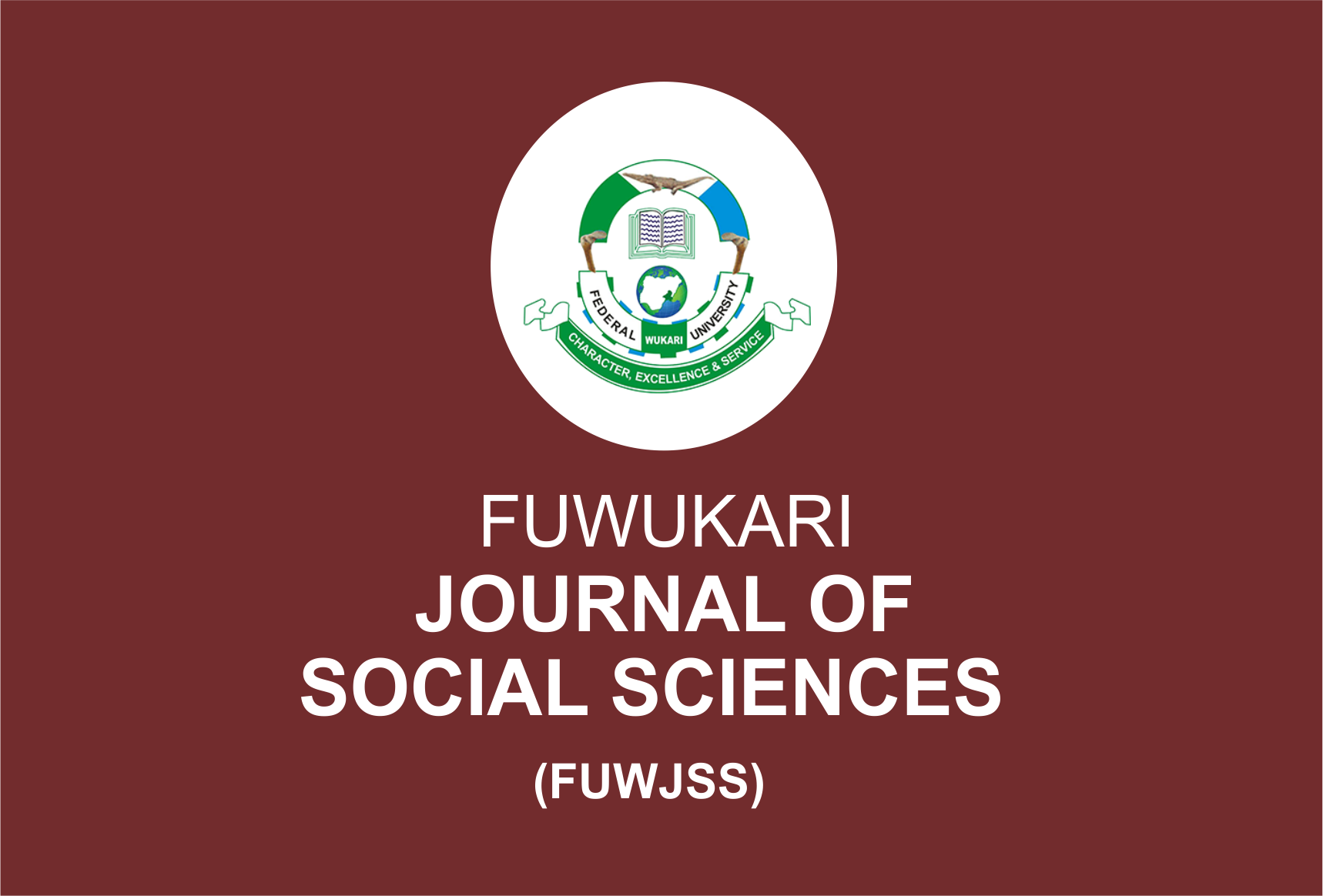Psychological Coping Strategies Of Orphans In Makarfi Local Government Area, Kaduna State, Nigeria
Bawa Precious Tani, Ubi Mary Otanwa, Dabo Yusuf
Keywords: Orphans, depression, learning disorder, Makarfi, Autonomy, farming
Abstract
In recent years, orphan populations have increased due to rising rates of terrorism, the HIV and AIDS pandemic, accidents, banditry, diseases, and other preventable causes of death. These have negatively impacted the lives of many orphans; as they are faced with lots of challenges leave them helpless. The paper investigates the coping strategies of orphans in Makarfi Local Government Area, Kaduna State, Nigeria. Through a systematic sampling procedure, the study sample consists of 370 respondents in five wards of Makarfi Local Government Area. One focus group discussion (FGD) was held in each of the five selected wards. Data analysis consists of descriptive statistics involving chi-square and principal component analysis using the Statistical Package for Social Science (SPSS Version 25). The study results and findings established that autonomy, environment mastery, and personal growth are the major factors that affect orphans
psychologically. Orphans with secondary school education have the highest (0.042) psychological well-being, while orphans without any form of education have the lowest (-0.08) psychological well-being. The study concludes that the prevailing coping strategies mostly adopted by orphans in Makarfi Local Government Area are farming (46.8%) and peer relationships (34.8%). The study recommends that governments at all levels should integrate orphans into the National Health Insurance Scheme to enable them to access healthcare with ease and at a lesser cost.
Author Biography
Bawa Precious Tani*
Department of Tourism and Hospitality Management,
Federal University Wukari Taraba State, Nigeria
Ubi Mary Otanwa
Department of Geography,
Federal University, Dutsin-Ma Katsina State, Nigeria
Dabo Yusuf
Department of Geography and Environmental Management,
Ahmadu Bello University, Zaria, Nigeria
*Corresponding author Email: [email protected]

